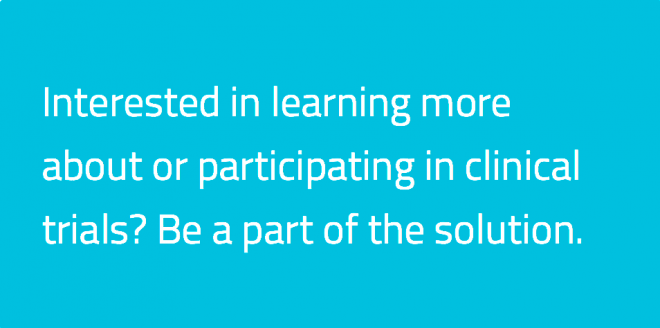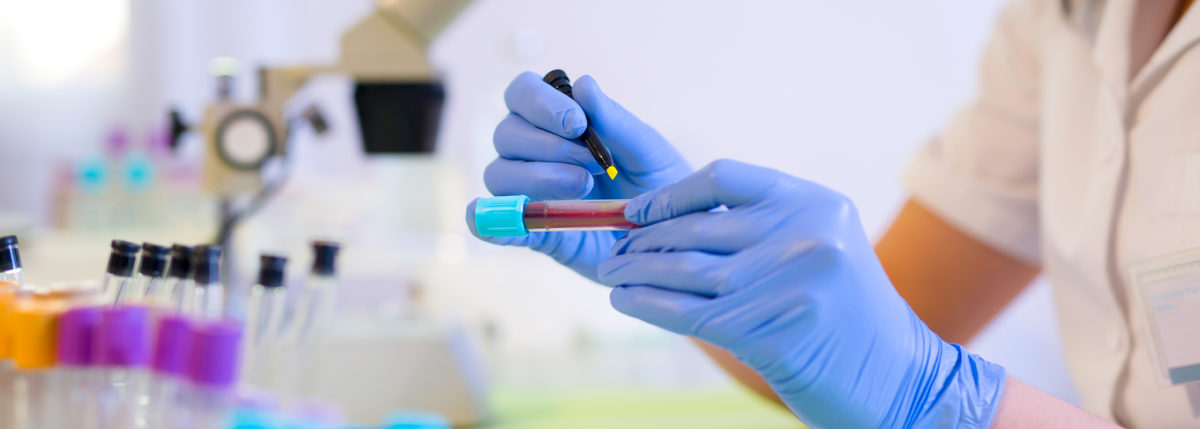Research for Better Management + Cure of Type 1 diabetes
Research to cure and treat type 1 mostly fits into five areas: 1) beta cell health and regeneration, 2) immunotherapy, 3) replacement beta cells, 4) device/technology innovation and 5) medications for glucose management. Across the board we are seeing progress but here’s where we need you. More volunteers than ever will be needed to participate in studies to move this research along. Check out this clinical trials map or go to ClinicalTrials.gov to see where you can help.
Beta Cell Health and Regeneration: treatment that targets the beta cell
Type 1 diabetes is an autoimmune condition, but research is showing that the beta cells, which are the cells that make insulin, also have a role to play. Beta cells in type 1 diabetes show signs of stress and this stress may summon the autoimmune response. What does this mean for research to cure type 1? It means that besides immunology research, understanding beta cell survival is another area of potential promise. Several drugs including Gleevec, verapamil, TUDCA, GABA and DFMO are being evaluated for their role in beta cell survival in new onset type 1. Early results are encouraging showing slower beta cell loss, and we look forward to learning more.
In more good news, researchers have found some residual beta cells even in those with long standing type 1 diabetes (T1D). This opens the possibility of restoring functional beta cell mass by targeting ways to expand this remaining cell population. Taking a different approach to restoring beta cell mass, other research is looking at ways to coax non-beta cells into becoming beta cells. There’s lots of emerging science here so look for more research that focuses on the beta cell.
Immunotherapy: treatment that targets the autoimmune response
On the immunology side, a plethora of clinical trials has led to some success in slowing the loss of beta cells in those with recent onset type 1. Evaluation of the successful trials suggests that rebalancing the subtypes of immune system T cells is key. The idea is to decrease the destructive T cells and to increase the protective T cells called regulatory T cells (Tregs). Investigators are now evaluating if boosting Tregs will control the autoimmune attack. Researchers are also looking towards combination treatment that addresses multiple components of the immune system and possibly beta cells as well. An important new learning is that type 1 is heterogeneous so some may respond to a certain treatment while others may not. Again, we will need many volunteers for clinical trials to figure this out.
To read about another approach to targeting autoimmunity click here; to read about TrialNet, prevention and reasons to get screened click here and here.
Replacement Beta Cells
The best beta cells are your own beta cells, but transplanted beta cells work pretty well. In 2000 a paper published in the New England Journal of Medicine described the first successful islet cell transplants. (Islets are clusters of cells in the pancreas that include beta cells.) The transplant recipients were completely free of insulin injections with essentially normal blood glucose. These amazing results come with caveats. First, potent anti-rejection drugs are required to protect the transplanted cells. Second, there aren’t enough donor islets available. Third, over time the transplanted islets often lose function. Although these are real challenges, scientists are building on the successful proof of principle to create solutions. Cell encapsulation has been proposed as way to eliminate the need for anti-rejection medication. As for cell availability, this is where stem cells research comes in. A clinical trial is currently underway evaluating islet cells derived from stem cells. To be sure, more research is needed to make a replacement cell source that does not require immunosuppression, but significant investment and progress is being made.
Device/technology Innovation
In the meantime, new diabetes devices are making living with T1D safer and healthier. On the device side, look for innovation around continuous glucose monitors (CGM) and automated insulin delivery (AID) devices also known as artificial pancreas (AP) systems. Currently there are several actively recruiting clinical trials for both CGMs and AID devices with many more in the pipeline.
Medications for Glucose Management
On the drug side, an area of near term potential is adjunct therapy. These are drugs taken in addition to insulin, and they work by lowering blood glucose through alternative (non-insulin) pathways. Many of these are already approved for type 2 diabetes and investigators are now studying how they work in Ttpe 1. The interest in adjunct drugs is going beyond the currently available type 2 drugs and several clinical trials are actively recruiting for novel therapeutics. Expect to see more clinical trials and FDA announcements in this category.
Of course, insulin and glucagon are mainstay drugs and we are seeing innovation here as well. New formulations of insulin are under development that are designed to make insulin more effective with better meal coverage and less hypoglycemia. On the glucagon side, liquid ready to use glucagon is now in phase three clinical trials paving the way for submission to FDA. Not only is this safer and easier in an emergency, but many use “mini-dose” glucagon as part of their diabetes management and a ready to use glucagon would help here as well.
What’s next?
We are all impatient for a cure, and this is where we need you. Some clinical trials are delayed by years because of slow enrollment, but together, the type 1 community could dramatically expedite the research process. Research is progressing at an unprecedented pace, and we will need volunteers to fill the clinical trials. The sooner the trials are enrolled, the sooner we will have answers. To see where the research is happening check out this clinical trials map or go to ClinicalTrials.gov. Thank you for considering a clinical trial as part of how you live Beyond Type 1.
Acknowledgement
Thank you to Stephen Gitelman, MD and Karen Jordan for their edits and suggestions that most definitely improved this content.






